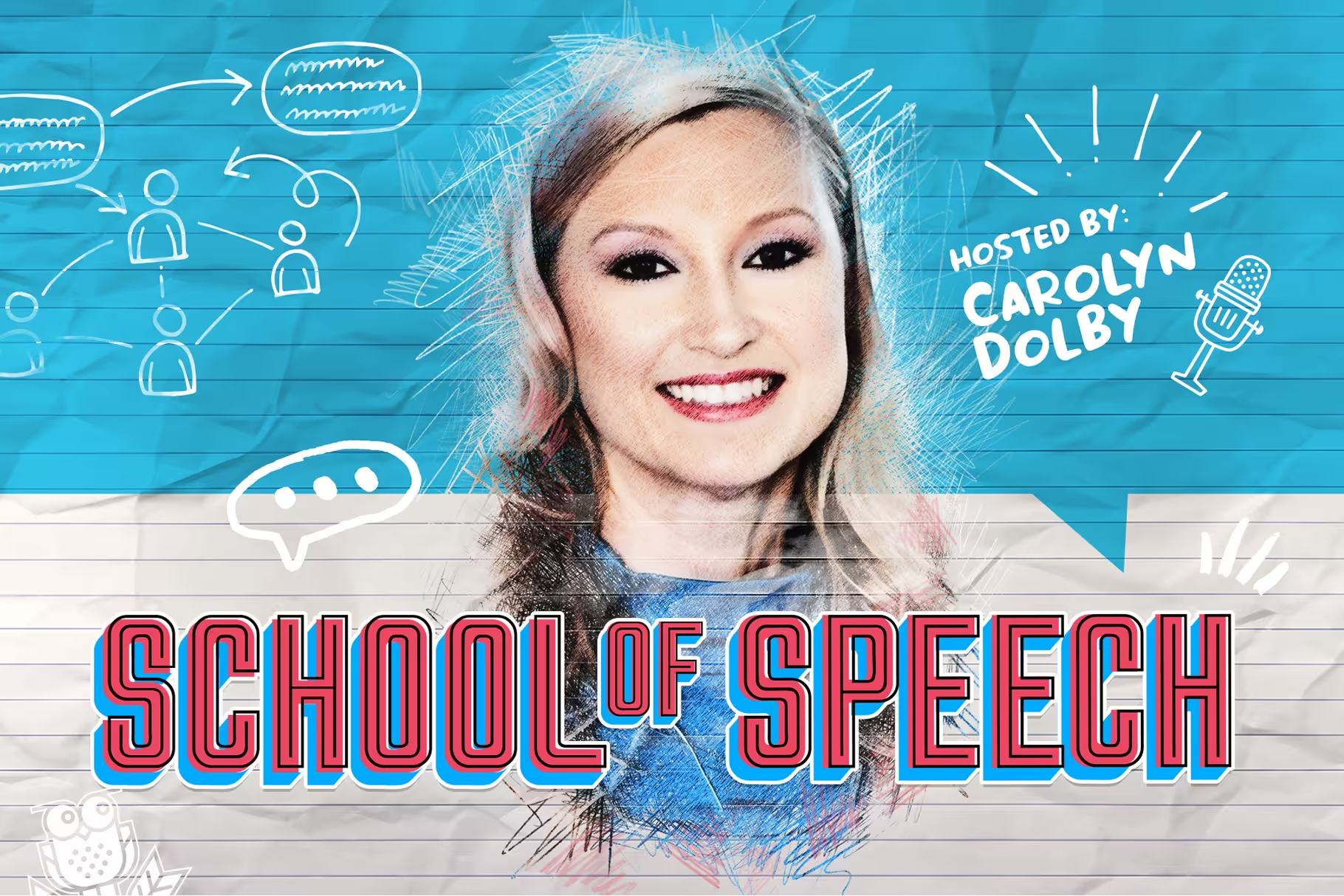Yet students with autism are five times more likely to experience pediatric feeding disorders (PFD), often leading to extremely selective eating. These challenges can affect nutrition, attention, and even academic success.
In this episode, Carolyn speaks with Margaryta Kuzmin, MS, CCC-SLP, about a school-based program created by two SLPs that addresses both academic engagement and feeding challenges in students with autism. This innovative, push-in program combines literacy instruction with structured food exploration using a multi-sensory, non-coercive approach.
Clinicians will learn how to support students through sensory-rich experiences that promote interaction with non-preferred foods, while also meeting educational standards. The course provides practical strategies and resources for establishing a similar food exposure program in your school.




















